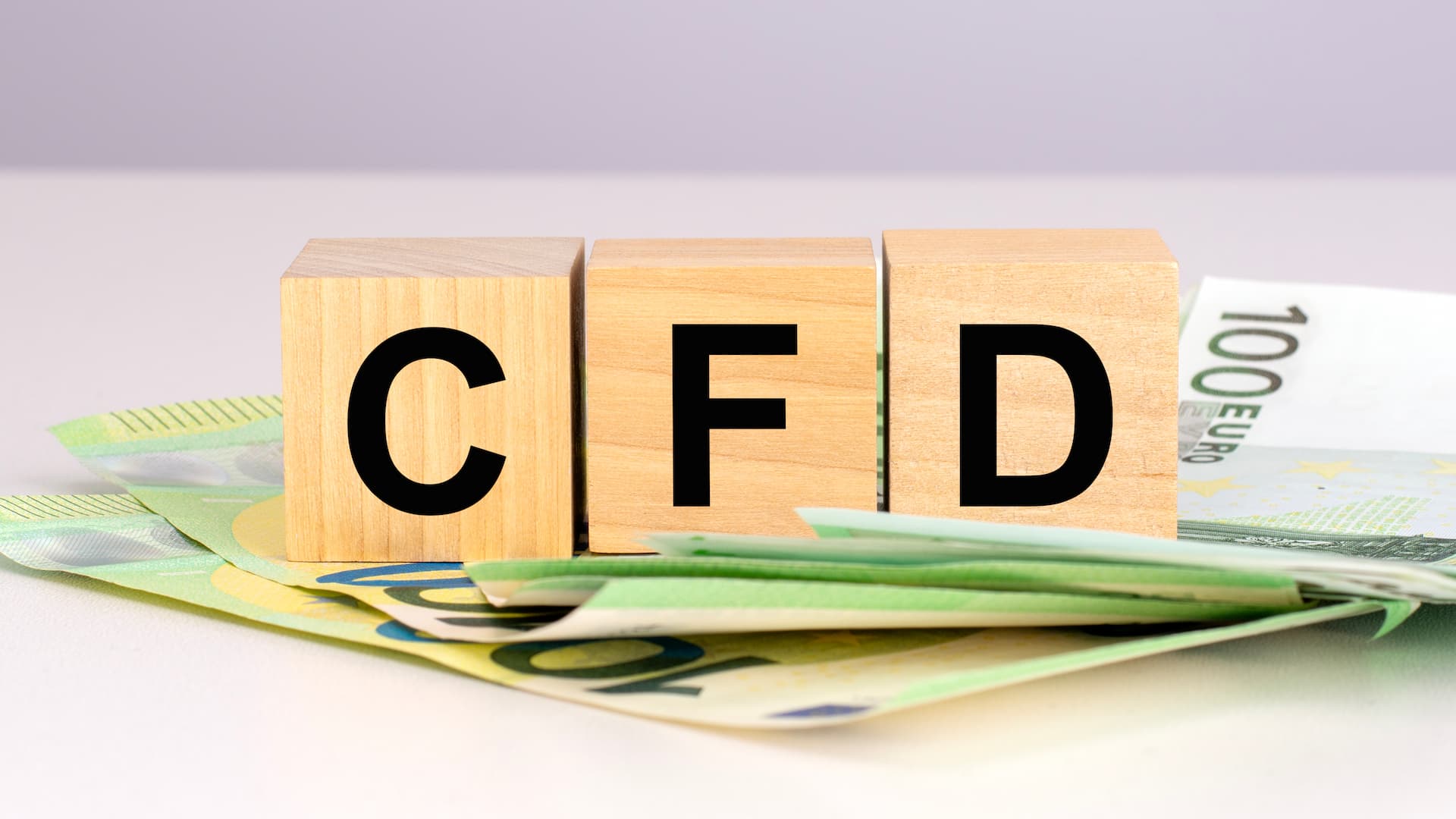What are CFDs?
Discover what Contracts for Difference (CFDs) are, how they work, their benefits and risks, and how to get started with CFD trading. Learn about leveraging, market access, and trading strategies.

Contracts for Difference (CFDs) are popular financial instruments used by traders to speculate on the price movements of various assets without actually owning them. CFDs enable traders to gain exposure to a wide range of markets, including stocks, forex, commodity trading, and indices, with the potential for both profits and losses. Learn how Commodity Trading with CFDs works. Explore leverage, risks, and strategies to trade various commodities without owning the underlying assets.
How CFDs Work
CFDs are derivatives that derive their value from the underlying asset. Here's an in-depth explanation of how they work:
-
Opening a Position: When you trade a CFD, you enter into an agreement to exchange the difference in the price of the underlying asset from when you open the position to when you close it. To open a CFD position, you choose an asset and decide whether you think its price will rise or fall. If you anticipate a rise, you open a "buy" position; if you expect a decline, you open a "sell" position.
-
Leverage: One of the key features of CFDs is leverage. Leverage allows you to control a large position with a relatively small amount of capital. For example, with a leverage ratio of 10:1, you can control $10,000 worth of an asset with just $1,000 of your own money. While this can magnify your gains, it also increases the risk of substantial losses. It's important to use leverage cautiously and understand its impact on your trading.
-
Margin: When trading CFDs, you are required to maintain a margin, which is a percentage of the total position size. The margin acts as a security deposit and ensures you can cover potential losses. If the market moves against your position and your margin falls below a certain level, you may receive a margin call, requiring you to deposit additional funds to maintain your position.
-
Monitoring and Closing: After opening a position, you need to monitor the market to track price movements. You can close your position at any time to realize your profit or loss. The profit or loss is calculated based on the difference between the opening and closing price of the CFD. For instance, if you bought a CFD at $50 and sold it at $55, you make a profit of $5 per CFD.
-
Settlement: CFD trading is settled in cash. When you close a position, the difference between the opening and closing price is credited or debited from your trading account. There is no physical delivery of the underlying asset, which simplifies the trading process.
Benefits of Trading CFDs
-
Access to Various Markets: CFDs provide access to a diverse range of markets. Traders can speculate on forex, stocks, commodity trading, and indices. This broad market access allows for diversification and the opportunity to capitalize on different market conditions.
-
Leverage: CFDs offer leverage, which can amplify potential returns. By using leverage, traders can open larger positions with a smaller amount of capital. However, this also means that losses can be magnified, making it crucial to manage risk effectively. Learn more about leverage in trading.
-
Short Selling: CFDs allow traders to profit from falling markets by taking short positions. If you expect the price of an asset to decrease, you can open a sell position and potentially benefit from the price decline. This flexibility to trade both rising and falling markets can enhance trading opportunities.
-
No Ownership of Assets: Unlike traditional trading, CFDs do not require ownership of the underlying asset. This eliminates concerns related to asset management, such as storage fees for commodities or handling shares for stocks. Traders only focus on price movements and their trading strategies.
-
Flexibility: CFD markets are often open 24 hours a day, providing traders with the flexibility to trade at any time. This round-the-clock access allows traders to react to global news and market events in real-time, making it easier to implement various trading strategies. Check out more on 24-hour markets.
Risks of Trading CFDs
-
Leverage Risks: While leverage can increase potential returns, it also magnifies losses. Traders can lose more than their initial investment if the market moves significantly against their position. It is essential to use leverage cautiously and implement proper risk management strategies.
-
Market Risk: CFD traders are exposed to market risk, where unexpected price movements can lead to significant losses. Factors such as economic reports, geopolitical events, and market sentiment can impact prices and affect trading outcomes.
-
Counterparty Risk: CFDs are traded over-the-counter (OTC), meaning that the contract is between the trader and the broker. This introduces counterparty risk, where the trader is reliant on the broker to fulfill the contract. In the unlikely event that the broker fails, recovering funds may be challenging.
-
Costs and Fees: Trading CFDs involves costs such as spreads, commissions, and overnight financing charges (swap rates). These costs can affect overall profitability, especially for short-term or high-frequency trades. Traders should be aware of these costs and consider them in their trading strategy.
-
Complexity: CFDs are complex financial instruments that require a good understanding of market dynamics, trading strategies, and risk management. Novice traders may find it challenging to grasp the intricacies of CFD trading and should consider seeking educational resources or professional advice.
How to Get Started with CFD Trading
-
Choose a Reputable Broker: Select a broker with a good reputation, competitive spreads, and reliable trading platforms. Ensure the broker is regulated by a reputable authority to safeguard your funds and trading activities. For more information on broker options, check out 24markets.
-
Open a Trading Account: Register for a trading account with your chosen broker. The account opening process may involve submitting personal information, undergoing verification, and agreeing to the broker’s terms and conditions.
-
Deposit Funds: Fund your trading account with the necessary capital. Be aware of minimum deposit requirements and ensure you have sufficient funds to cover margin requirements and potential losses.
-
Learn and Practice: Familiarize yourself with CFD trading concepts, strategies, and tools. Use a demo account to practice trading with virtual funds before committing real capital. This helps build confidence and understanding of the trading platform.
-
Develop a Trading Plan: Create a comprehensive trading plan outlining your goals, risk tolerance, and strategies. A well-defined plan helps guide your trading decisions and manage risk effectively.
-
Monitor and Adjust: Continuously monitor your trades and market conditions. Adjust your strategies based on market movements and evolving trading goals. Stay informed about global events and economic data that may impact your trading positions. For the latest market updates, refer to 24markets news.
Conclusion
CFDs provide a versatile and flexible way to trade various financial markets without owning the underlying assets. They offer opportunities for leveraging, short selling, and market diversification. However, CFD trading involves significant risks, including leverage and counterparty risks. By selecting a reputable broker, practicing with a demo account, and implementing effective risk management strategies, traders can navigate the complexities of CFD trading and make informed decisions.
TAGS
Latest Education Articles
Show more
Earnings Reports and Equity CFDs

Trend vs. Range Strategies

Trading Breakouts vs. Pullbacks

Hedging Basics for Intermediate Traders
Take your trading to the next level.
Join the broker built for global success in just 3 easy steps. A seamless experience built for traders who value speed and simplicity.

Create Your Account

Make Your First deposit
